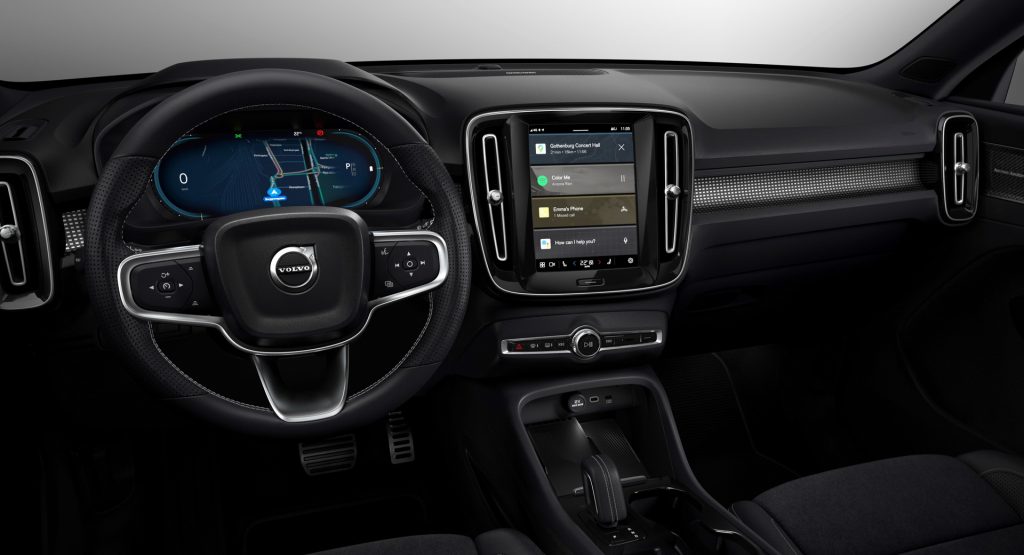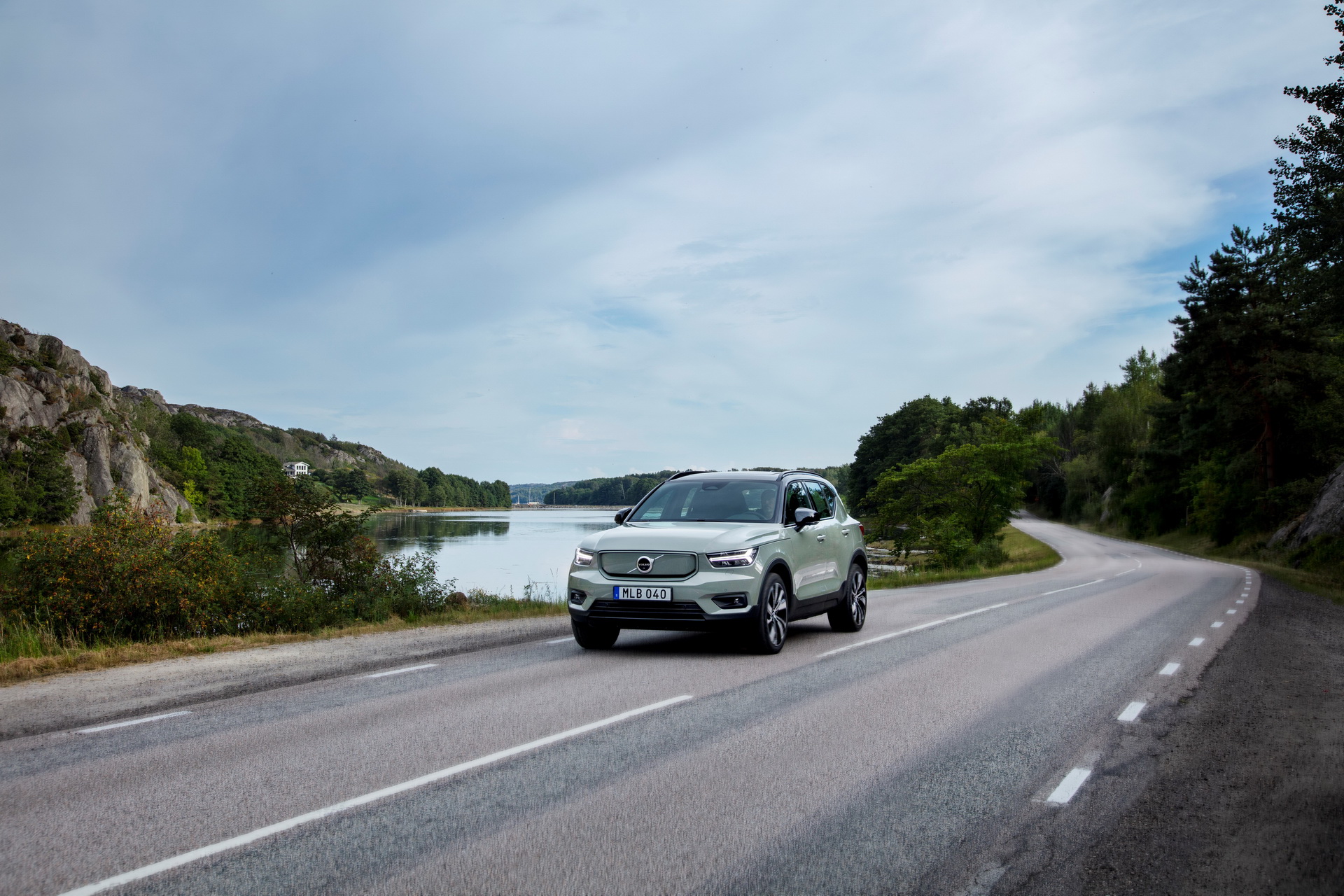There’s a growing debate in car circles regarding the dangers of using certain infotainment features and touch screens inside vehicles that are on the move, with some studies indicating that fiddling with your display can be more dangerous than being drunk.
Volvo’s own safety research and behavioral science experts believe however that distractions are a fact of life and that in-car tech should be used to “create” more focused drivers.
Sure, some would say that a car from the 1940s is technically safer than a modern car from a distraction point of view (since it has no screen, phone connectivity or even a radio) – but that’s not the reality of today’s society.
“It is easy to think that phones and screens are the only scourge of the modern driver, but life as a whole is distracting,” said Volvo exec Malin Ekholm. “We know people do not get distracted on purpose, but it happens. You could be late for daycare and somewhat stressed. Or you get behind the wheel after a bad day at work. All this affects you as a driver.”
Read: German Tuner Removes Volvo’s Pesky 112 MPH Top Speed Limiter
She added that “people want to engage with friends, family, work and entertainment, and everyone responds differently to distraction.”
One clever way to do that is to have the infotainment software help you control various basic functions using your voice. This is something Volvo’s new Android-powered system does well – you can set the temperature, various destinations via the sat-nav or even listen to music, podcasts and make phone calls without having to remove your hands from the wheel.
Furthermore, Volvo believes distractions should also be addressed via in-car cameras and other sensors tasked with keeping an eye on the driver, so if for example the driver is intoxicated or distracted in any way, the car would intervene if he or she doesn’t respond to warning signals.
Such an intervention could involve limiting the car’s speed, alerting the Volvo on Call assistance service and, as a last resort, actively slowing down and safely parking the car.
This technology will be introduced on next-gen SPA2 models.








